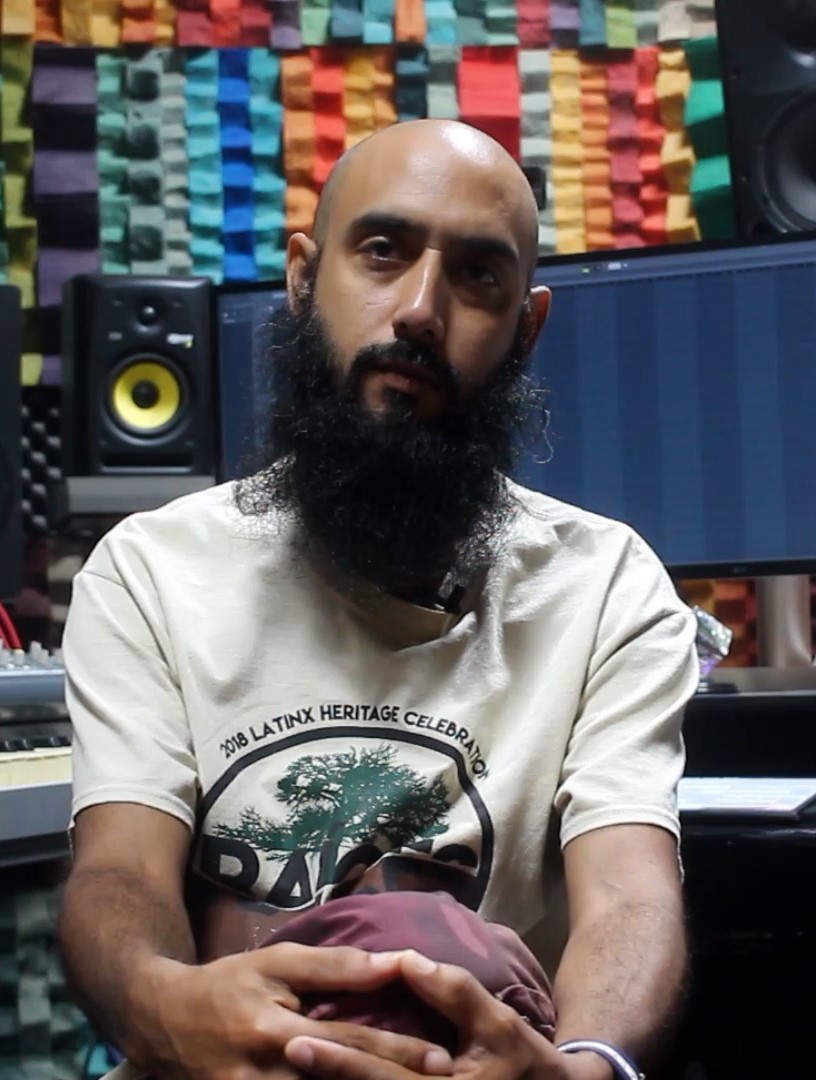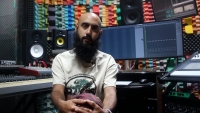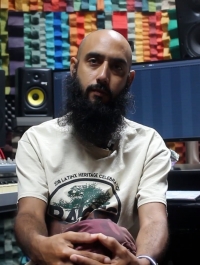I have already overthrown that dictatorship. They don’t represent me in any way.

Download image
David Escalona Carrillo, commonly known as David D’Omni, was born in Havana, specifically in the district of El Vedado, in the Ramón González Coro hospital, at one o’clock in the morning on the 3rd of March 1984. His mother, Esperanza Soilet Carrillo Cardoso, and father, Norberto Escalona Rodríguez, always educated him about universal art, making David grow up as a child eager to learn about general knowledge. After completing all the Cuban primary education, he dropped out of school. He joined the multidisciplinary art collective Omni Zona Franca in 2000, in which he has developed as a musician, painter, and workshop artist, among other functions. The Cuban dictatorship has persecuted him and his family in various ways for the simple fact of making independent art. He currently lives in Cuba and works in his recording studio.

